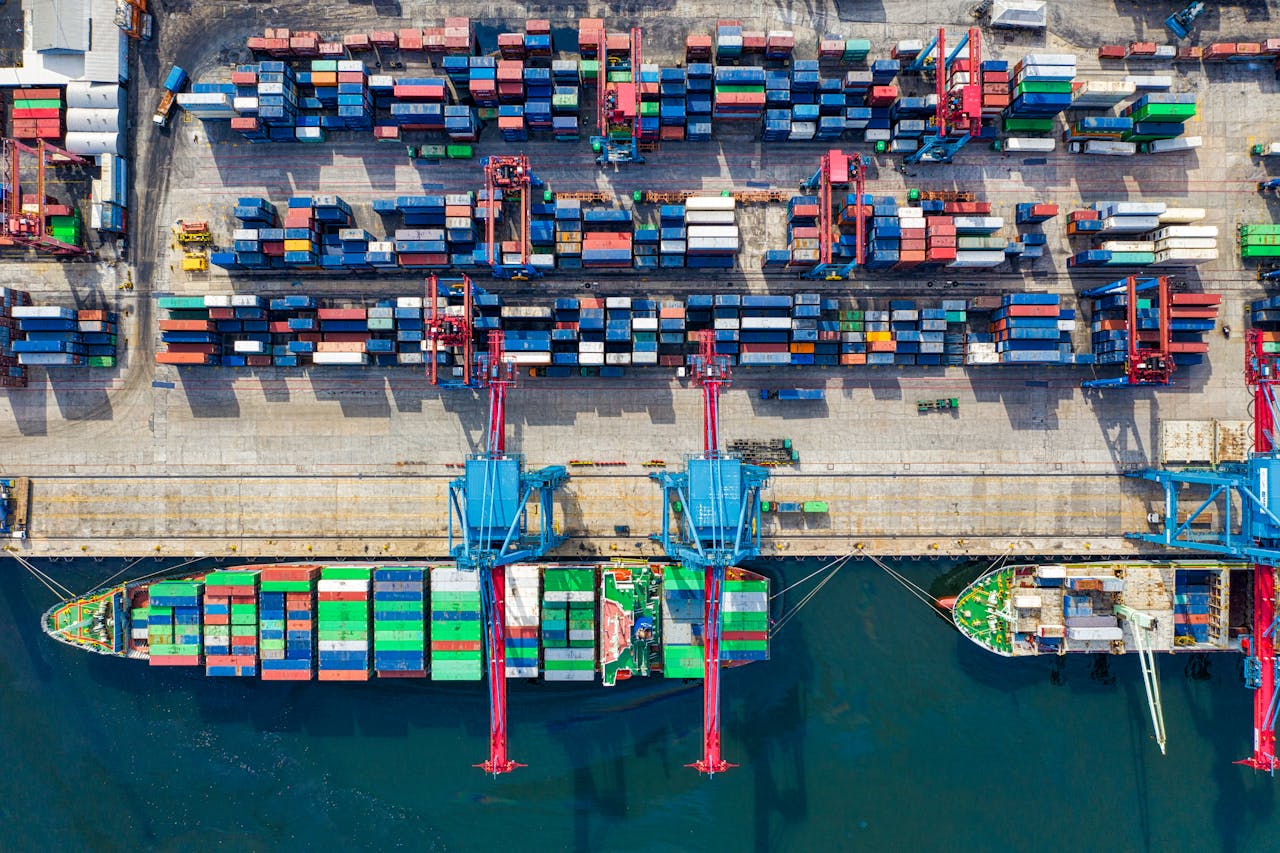Navigating Foreign Interests: 7 Reasons to Keep US Steel Under Domestic Ownership

The steel industry has long been a cornerstone of the United States’ industrial might and economic stability. As globalization accelerates, the pressure to open domestic industries to foreign investment has increased. However, there are compelling reasons to keep U.S. steel under domestic ownership. Here are seven critical reasons why maintaining control over this vital industry is essential for national security, economic resilience, and future innovation.
1. National Security Concerns

The steel industry is intrinsically linked to national security. Steel is a crucial material for military applications, including the construction of ships, tanks, aircraft, and weapons systems. If U.S. steel were under foreign control, the country could face significant risks in times of geopolitical tension or conflict. Foreign owners might prioritize their national interests, potentially leading to supply disruptions or the withholding of crucial materials. Maintaining domestic ownership ensures that the U.S. retains control over the production and distribution of steel, safeguarding the supply chain essential for national defense. This autonomy is crucial in ensuring that the military can operate independently of foreign influence or potential embargoes, particularly in times of conflict.
2. Economic Stability and Job Preservation

The U.S. steel industry is a significant source of employment and economic activity. It supports not only those directly employed in steel production but also millions of jobs in related industries such as mining, transportation, and manufacturing. Foreign ownership could lead to the offshoring of jobs, wage reductions, and decreased investment in local communities. By keeping U.S. steel under domestic ownership, the country can protect these jobs and ensure that the benefits of the industry remain within the national economy. This approach helps maintain economic stability, supports middle-class livelihoods, and fosters local development through sustained investment in infrastructure and community programs.
3. Technological Innovation and Research

The steel industry is at the forefront of technological innovation, from developing new alloys and production methods to improving energy efficiency and reducing environmental impact. Domestic ownership allows for greater investment in research and development, fostering advancements that can enhance the competitiveness of U.S. steel on the global stage. Foreign owners might focus efforts in their home countries, potentially leading to a brain drain and the erosion of domestic expertise. By keeping the industry under U.S. control, the country can ensure that technological advancements and the associated economic benefits remain within its borders, bolstering the industry’s long-term viability and global leadership.
4. Environmental and Regulatory Standards

The U.S. has stringent environmental and regulatory standards governing steel production, aimed at minimizing the industry’s impact on the environment and ensuring the health and safety of workers. Foreign ownership could result in a push to relax these standards to reduce costs and increase profitability, potentially leading to increased pollution and compromised worker safety. Domestic ownership ensures that the industry remains accountable to U.S. environmental regulations and labor laws, promoting sustainable practices and protecting worker rights. This commitment to high standards not only benefits the environment and public health but also positions the U.S. steel industry as a leader in responsible production practices.
5. Strategic Economic Independence

Economic independence is crucial for national resilience. The steel industry is foundational to numerous sectors, including construction, automotive, energy, and infrastructure. Foreign ownership could create dependencies that leave the U.S. vulnerable to external economic pressures and political leverage. By maintaining domestic control over the steel industry, the U.S. can safeguard its economic sovereignty, ensuring that critical industries remain resilient and capable of self-sustained growth. This independence is particularly important in an era of increasing global competition and geopolitical uncertainty, where economic leverage can be used as a tool of influence or coercion.
6. Supply Chain Integrity

The integrity of supply chains is vital for the smooth functioning of the economy. Disruptions in the supply of steel can have cascading effects across multiple industries, leading to production delays, increased costs, and reduced economic output. Foreign ownership introduces risks of supply chain disruptions due to political instability, trade conflicts, or strategic decisions by foreign entities. Domestic ownership allows for greater control and oversight of the supply chain, reducing the risk of disruptions and ensuring a reliable supply of steel for critical industries. This stability is essential for maintaining the competitiveness and efficiency of the U.S. economy, particularly in sectors that rely heavily on steel for their operations.
7. Patriotic Duty and National Pride

The U.S. steel industry is a symbol of the country’s industrial heritage and national pride. It represents the hard work, innovation, and resilience of American workers and entrepreneurs. Keeping the industry under domestic ownership is not only an economic and strategic decision but also a patriotic duty. Supporting U.S. steel ensures that this vital industry remains a pillar of the national economy, contributing to the country’s prosperity and global standing. It reflects a commitment to preserving the legacy of American industry and investing in the future of the nation’s economic and technological leadership.
Final Thoughts

In an increasingly interconnected and competitive global economy, the importance of maintaining domestic control over strategic industries cannot be overstated. The U.S. steel industry, with its critical role in national security, economic stability, technological innovation, environmental stewardship, economic independence, supply chain integrity, and national pride, is a prime example of why domestic ownership matters. By keeping U.S. steel under domestic ownership, the country can ensure that this vital industry continues to serve the national interest, providing the materials and technologies essential for defense, economic growth, and sustainable development. It is a strategic imperative that underscores the need for a robust and resilient industrial base, capable of meeting the challenges of the 21st century.
Leave a Reply